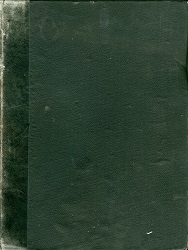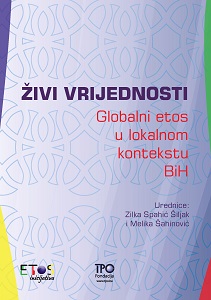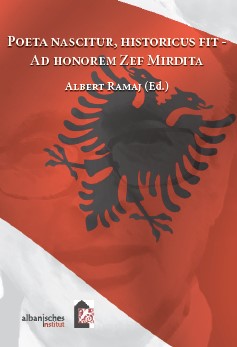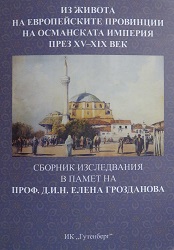
Библиография на проф. д.и.н. Елена Александрова Грозданожа. Непознатата Елена Грозданова
Full bibliography of the publications and studies by Prof. Grozdanova and texts of unknown poems written by her.
More...We kindly inform you that, as long as the subject affiliation of our 300.000+ articles is in progress, you might get unsufficient or no results on your third level or second level search. In this case, please broaden your search criteria.

Full bibliography of the publications and studies by Prof. Grozdanova and texts of unknown poems written by her.
More...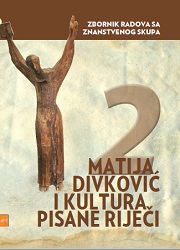
The first part of this paper deals with the possible manuscripts that Divković used for writing Abarmovi verši (‘Abarm’s Verses’). After recapitulating previous studies, it is concluded that Divković used one unknown or maybe two known manuscripts. In the second part, after considering two theological topoi (mandatum–promissio and sola fide) that were prevalent in the dramatizations of biblical texts, the paper emphasises that Divković chose his dramatization based on the topos of sola fide. Later on the paper points out that such a choice is unexpected because it is characteristic of Protestant dramatizations, which advocate “justification by faith”, while Roman Catholic dramatizations advocate “justification by works”.
More...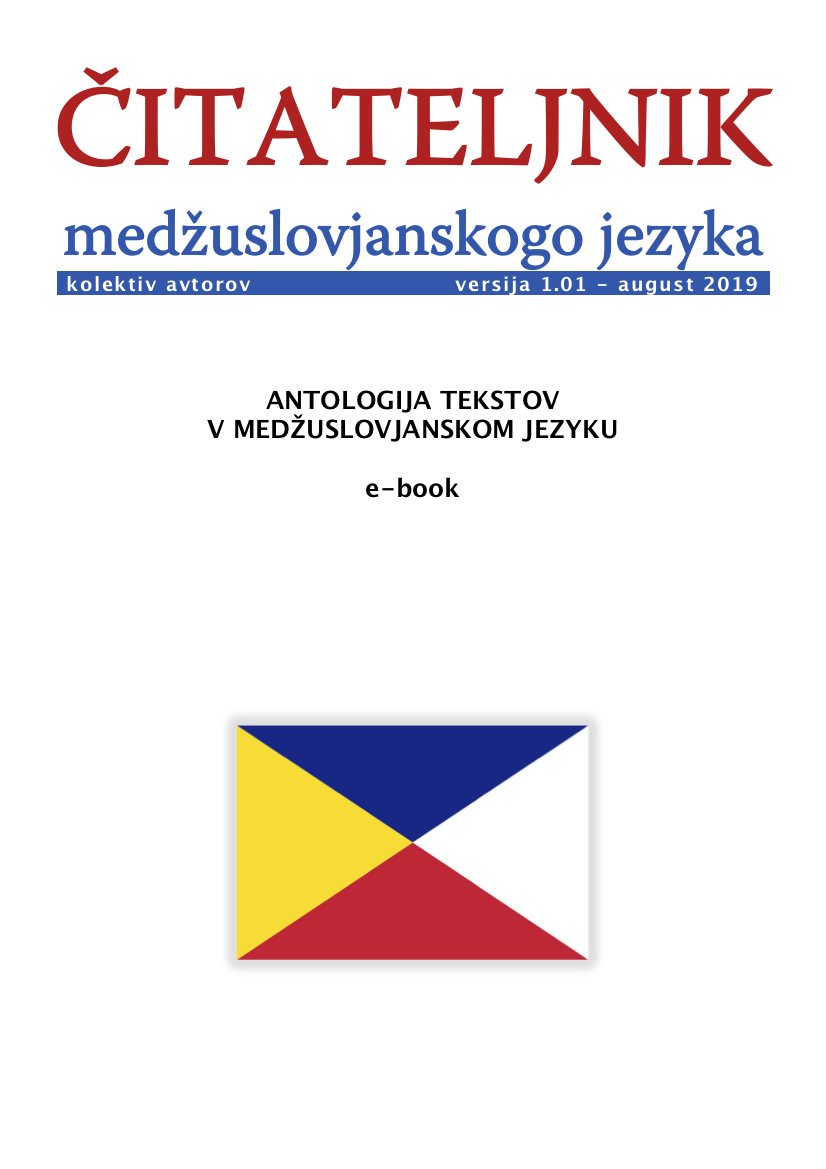

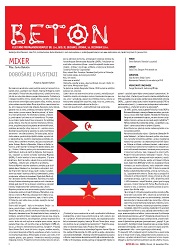
MIXER, Jerko Bakotin: Dobošari u pustinji; CEMENT, Saša Ćirić: Zbogom Prvi svetski rat; ARMATURA, Ilija Đurović: Ovdje i tamo, Aleksandar Pavlović: Ko ne rađa ta je PHD; VREME SMRTI I RAZONODE, Sergej Stanković: Jednonogi Miloje
More...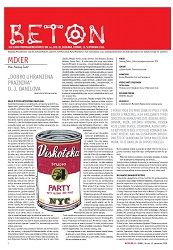
MIXER, Predrag Čudić: „Dobro uhranjena praznina“ DJD; CEMENT, Ljiljana Đurđić: Prevrtanje utrobe; ARMATURA, Andrej Nikolaidis: Krst nad Sarajevom; VREME SMRTI I RAZONODE, lirika utoke, Predrag Lucić: Dvadeset i kusur milja ispod stola; BULEVAR ZVEZDA, ĐURETIĆ, Veselin; BLOK BR. V, L. Bodroža & T. Marković: Najava karte srpskog spasa
More...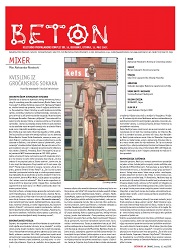
MIXER, Aleksandar Novaković: Kvisling iz Gročanskog sokaka; CEMENT, Marjan Čakarević: Skromnost praznine; ŠTRAFTA, Saša Ćirić: Logocentričko čišćenje filozofije; ARMATURA, Slobodan Georgijev: Nadzirana nezavisnost za Srbiju; VREME SMRTI I RAZONODE, Tomislav Marković: Nedićgrami; BULEVAR ZVEZDA, MEDAKOVIĆ, Dejan; BLOK BR. V, Lazar Bodroža: Patrijarh 3000
More...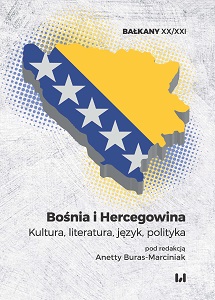
The paper offers an insight into some preliminary results of a more general literary-historical and textological research of Mak Dizdar’s manuscript heritage, first of all the poetry collection Stone sleeper, the most important author’s book and one of the most important books of Bosniak and Bosnian-Herzegovinian literature in general. Special attention is given to some key issues of history of the text of the Stone sleeper in the context of the author’s manuscript collection as well as to the modes of its textological historical-critical reading. Along with opening of new research perspectives, some key foundations for the preparation of a critical edition of Dizdar’s most important poetry book are laid in this way.
More...
In this paper author wrote about contemporary Bosnia and Hercegovina poetry for children. Themes are different and poets like Alija Dubocanin, Ivica Vanja Roric, Muahrem Omrevic, Bisera Alikadic, Ismet Bekric and others are writing about nature, family members, school, play, etc. Somteimes these children’s poems are more didactic, some poems are descriptive and some are more artistic.
More...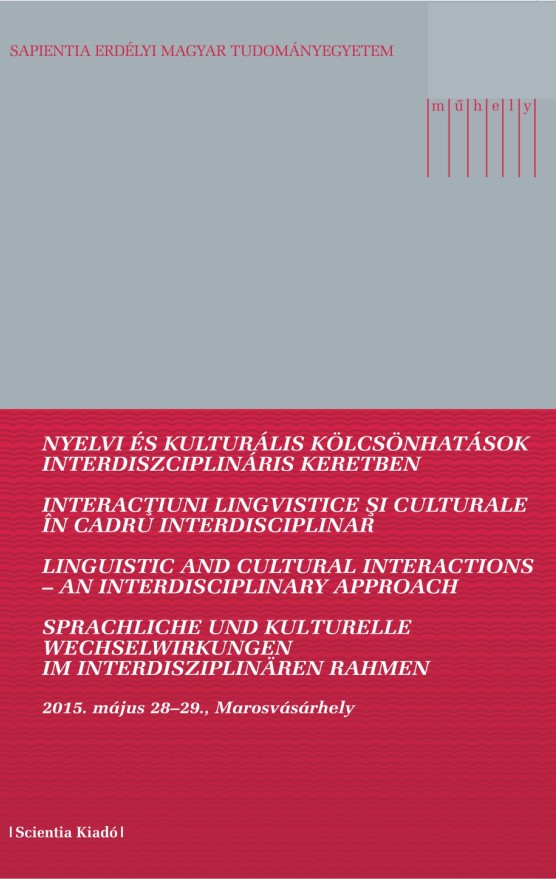
Starting from the context theory, we identified and revealed the speaking frames of two of V. Voiculescu’s poems. Our linguistic and po(i)etic journey tried to reveal the thresholds of those frames theorized by Eugenio Coşeriu, thresholds which are not closing but opening the poet’s spiritual horizon. We made this journey through the “common” Romanian words, decayed, seemingly, to the status of chat tools. Briefly, we tried to reaffirm the world’s Logos-centred spirit reflected from the work of a traditional poet, combining, transdisciplinary, Coşeriu’s tools being useful in the development of one of the newest branches of linguistics, pragmatics.
More...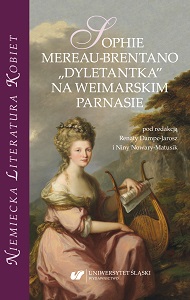
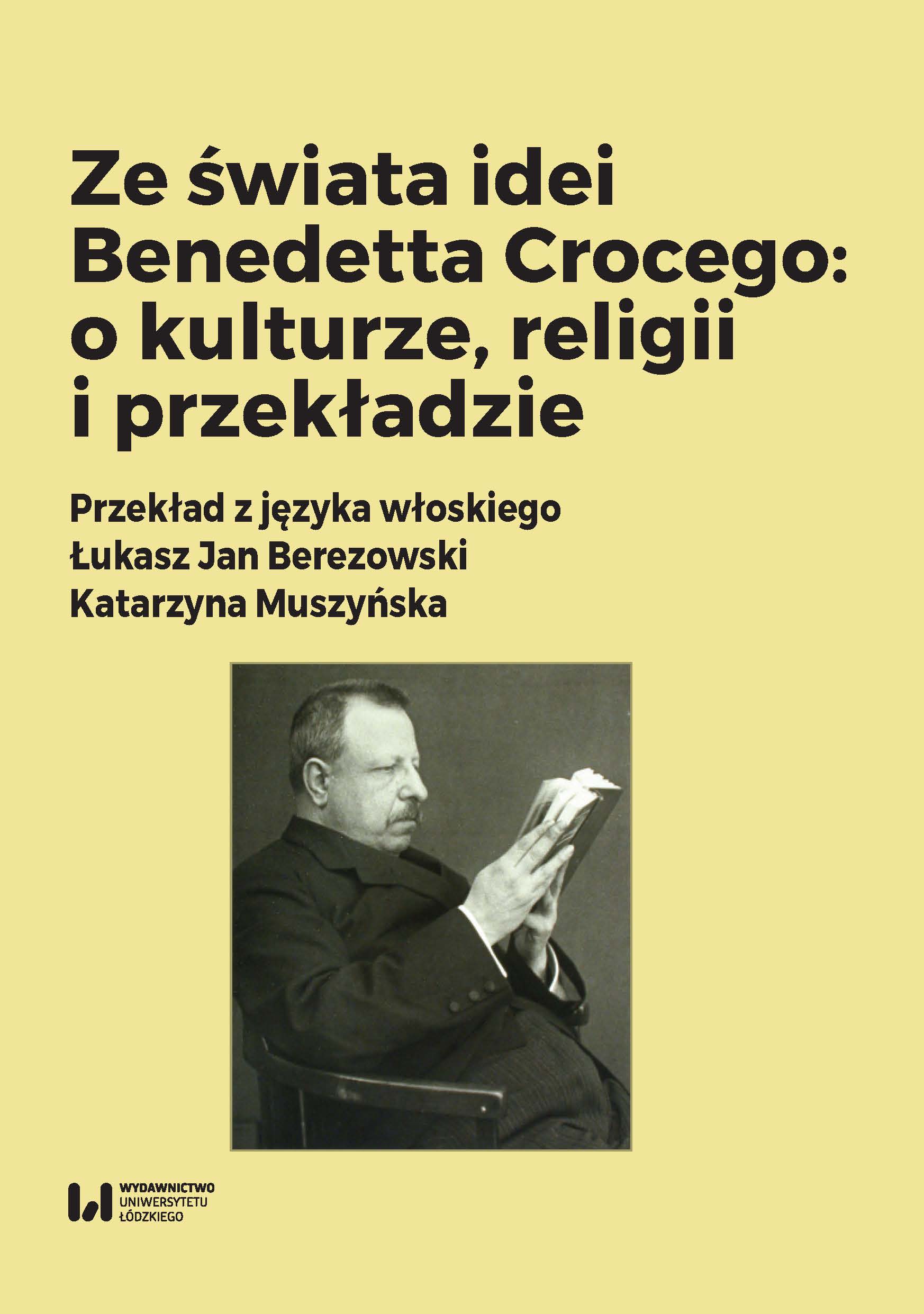
The original versions were primarily issued in "La Critica. Rivista di Letteratura, Storia e Filosofia", a journal edited by Benedetto Croce in the years 1903-1944. The presented work is accompanied by a historical and philological commentary of the editor as well as a list of printed references related to Croce (both source texts and critical editions available for Polish language).
More...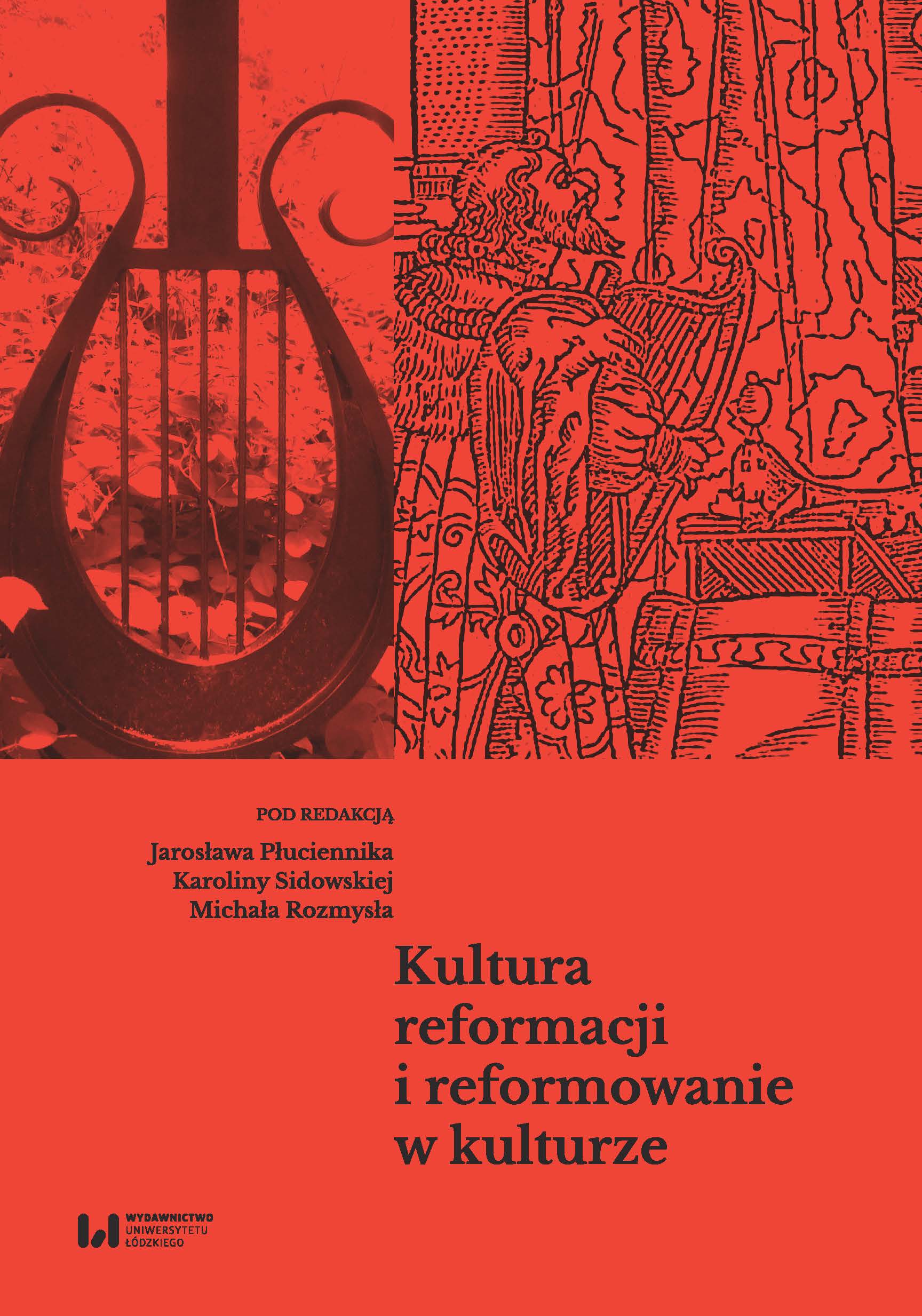
The paper attempts to present Adam Mickiewicz’s idea behind the ‘Lutheran spirit’ against a background of the vicissitudes of producing Poezje (Poetry), vol. 8 (1836). The author of the article ponders why the poet returns to the Lutheran mentality based on the need for forging an individual bond with God outside church. Consequently, the author’s interest revolves around Mickiewicz’s project of spirituality, created in the eight volume of the Paris edition, which goes beyond Catholicism and blurs the boundaries between Christian denominations.
More...
The poems by Julia Hartwig, Schütz’s Cantata from the volume Obcowanie (1987) and Bach’s Cantata from Czułość (1992), constitute a poetic record of the reception of ancient musical works (which are gaining more and more popularity in modern times). The poet is interested in cantatas by Schütz i Bach — religious works of art of two baroque composers from 17th and 18th century, whose artistic activity was strictly connected with Lutheran spirituality and liturgy. For the poet these cantatas are not only the source of aesthetic experience. Its reception (most probably from the radio, recordings or concerts) becomes a great inspiration for existential and religious reflections. It also makes the poet recognise their uniqueness: as being examples of theocentric art and deep religiousness of their composers, these cantatas reveal the ability to harmonise the human psyche, and consequently they seem to be a perfect art form.
More...
Due to the horrors and evils of slavery blacks firmly believed in God’s promise of retribution against the wickedness and cruelty of those slaveholders who brutalized them. The Apocalypse exerted a powerful influence on slaves and was viewed as the Bible’s main argument that God denounced slavery and would come in a catastrophic event to judge those who mistreated blacks. The language of cosmic struggle between good and evil was vividly embraced by the poets of slave spirituals and themes of the end of time pervaded the texts of many songs. Slave spirituals reflect Apocalyptic thinking among blacks who viewed themselves as brave soldiers fighting on the side of Christ in the coming war of Armageddon. The paper explores how blacks perceived themselves as valiant soldiers fighting in the army of the Lord of the Apocalypse. We will see that slaves alluded to the belief in the inevitability of the military struggle over slavery and thus anticipated the Civil War.
More...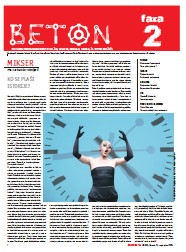
MIKSER, Aleksandar Todosijević: Ko se plaši istorije?; ŠTRAFTA, Vladan Jeremić: Antinomije autonomije; ARMATURA, Aleksandra Sekulić: Avganistan Kensington; ZID, Branko Milisković: Transfiguracija; VREME SMRTI I RAZONODE, Porša Olajviola: Da moji roditelji nisu razdvojeni
More...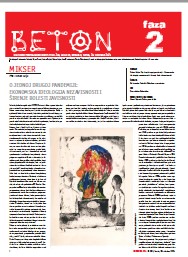
MIKSER, Dušan Grlja: O jednoj drugoj pandemiji – Ekonomska ideologija nezavisnosti i širenje bolesti zavisnosti; ŠTRAFTA, Aleksandra Sekulić: Oktobrova nesetnica; ZID, Novo doba: Robodoba; VREME SMRTI I RAZONODE, Eboni Stjuart: Volim ponedeljke
More...